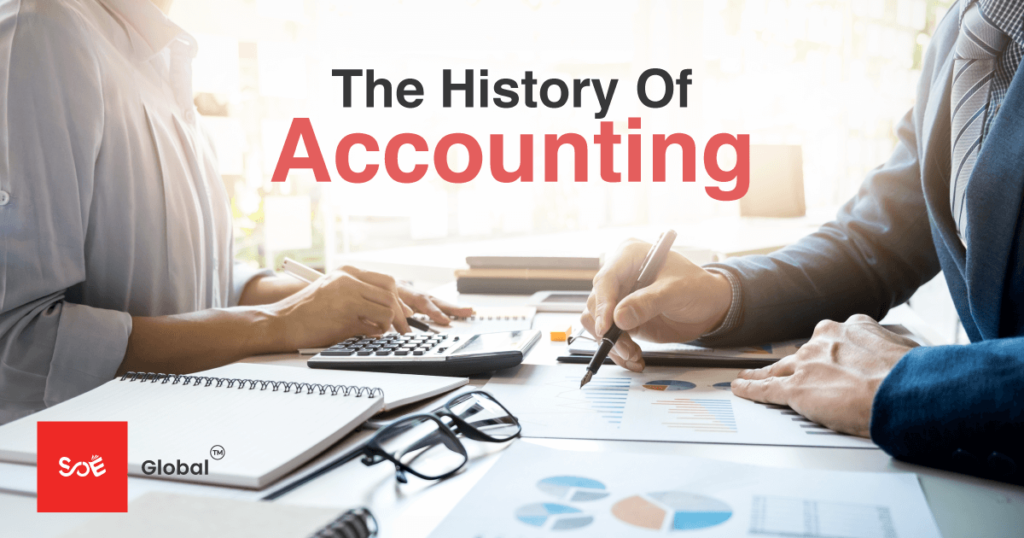Whether it’s monthly expenses or bank statements, every individual does some form of accounting in the modern era. What looks like complex Excel sheets and tax audits today traces its origins as far back as 3300 BC, perhaps even pre-dating recorded history! Where did it all begin, and how far have we come since then? By examining the history of accounting under a lens, we stand to gain a clearer understanding of the core purpose of accounting as a field. Let’s take a walk down the accounting memory lane!
The Origin Story: A Case Of Need
Accounting, as you probably know, is the practice of maintaining records for transactions within a particular system’s framework. Beyond the convenience of having a reference of all transactions, maintaining consistent accounts mitigates potential fraud and malpractice. It guarantees that the flow of goods and payment is uninterrupted and reaches the rightful parties.
Since then, the field has evolved in leaps and bounds through the pages of history, but the fundamental art of bookkeeping and the purpose behind it have stayed true to their roots. Let’s track its evolution timeline across the ages.
The Ancient Era
- The earliest known records of accounting records pre-date the existence of currency systems themselves. The Mesopotamian civilizations of 8000-5000 BC maintained simple ledgers that recorded barter trades of goods.
- This record maintenance system remained the standard method to authenticate transactions in front of magistrates settling property disputes, well into the era of the Egyptian & Roman Empire.
- When currency circulation became commonplace globally, they were assimilated into the system, replacing the existing barter framework to make bookkeeping much simpler with a universal standard.
The Medieval Era
- The medieval period was a transformative phase for accounting, with the increasing prevalence of monetary systems in worldwide finance.
- The introduction of the double-entry accounting system by Benedetto Cotrugli in 1458 changed accounting practices forever. The debit/credit bookkeeping system is still used to this day, facilitating the logging of bank-loan based transactions.
- Accounting as a practice flourished in this era with the teachings of Luca Bartolomes Pacioli, revered today as the Father of Accounting. His various publications illustrated the practices of double-entry bookkeeping at length, elucidating concepts like assets, liability, balance sheets & income statements.
The Modern Era: Chartered Accountancy
- Modernization brought with it a wave of economic prosperity from the various empires of the world. With more wealth to be managed, the demand for trustworthy accounting standards skyrocketed. Accountancy was poised to become a lucrative profession.
- The first recognized organisations of accountants were set up in 1854. The Edinburgh Society of Accountants and the Glasgow Institute of Accountants and Actuaries are eminent organisations today.
- The rest of the world was quick to follow suit, with the American Institute of Certified Public Accountants founded in 1887 alongside other prestigious institutes worldwide. Bolstered by technological advances, the field of accounting has streamlined its practices to guarantee better bookkeeping.
Today, being a certified public accountant (CPA/CA) is one of the most attractive career options, opening up a world of possibilities across the globe. To get started on your illustrious journey towards becoming a certified accountant, contact us at SOE Global today!




